Another Word We Need to Stop Using: Debate
I saw clips of a predictable unruly, shouting match that lacked the dignity of a bar room brawl. As a result, I’m sick and tired of the loose use of the word, "debate."
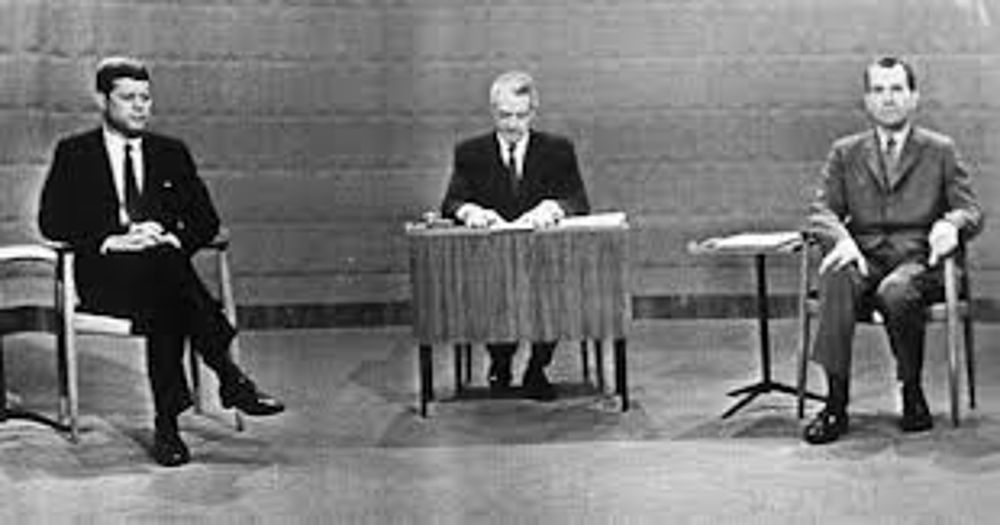
I didn’t have two hours of my life to waste or lend to the recent Republican debate, life is short and precious. But even if I had a pill that would guarantee me 120 years around the planet, I would’ve passed. Not just because I saw clips of a predictable unruly, shouting match that lacked the dignity of a bar room brawl, but because I’m sick and tired of the loose use of the word, debate.
When I worked for candidate Mayor Kathy Whitmire in Houston, what was billed as a forum turned out to be a form of what the hosts called a debate. I unexpectedly had to “debate” Houston mayoral candidate Fred Hofheinz when I was sent to the event to give remarks in place of the real candidate, Mayor Whitmire. Fortunately, I had written many of her remarks, but despite that, I felt panicked when the host began reading debate rules. It was funny until it wasn’t. And the rules were not like the scary ones we had in college debate which required sources and statements of fact. The rules read out during that event in no way mirrored the debate rules I learned in college.
I assumed, as with most things, that debate rules were somewhat universal and would be respected in the political arena. Unfortunately, anytime political candidates take to a stage to answer questions from a media panel or moderator, the event is billed as a debate. I think the proper term would be forum (or circus), but not debate, and here’s why: debates have organized formats and requirements, not free for all unsubstantiated commenting. I personally prefer adherence to the traditional debate tenets: case construction, refutation, and case rebuilding.
From the gods of Wiki: Debate is a process that involves formal discourse, discussion, and oral addresses on a particular topic or collection of topics, often with a moderator and an audience. In a debate, arguments are put forward for common opposing viewpoints. Debates have historically occurred in public meetings, academic institutions, debate halls, coffeehouses, competitions, and legislative assemblies… These debates emphasized logical consistency, factual accuracy, and emotional appeal to an audience. Notice the use of the words, "factual accuracy."
I don’t know where this lands today, but in our debates, participants had to cite sources of information. That’s why we held a hundred index cards. I guess you could hold an iPad these days.
Presidential Debates to Remember
Even as a kid watching the sweaty Vice President Richard Nixon go head-to-head with the cool, charismatic Senator John Kennedy, seemed pitiful.
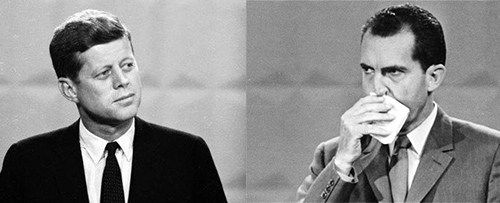
I have no idea what was happening in the Chicago studio where the debate was held, but Nixon’s lighting made him look like antagonist Boris Badenov from the old Rocky and Bullwinkle cartoons, while Kennedy looked handsome and presidential. Turns out Nixon had a virus. That debate happened in 1960 and had rules:
• Eight-minute opening statements
• Two and a half minute responses to questions
• Optional rebuttal
• Three-minute closing statements.
Nixon reportedly performed better in subsequent debates. I don’t know, I was in kindergarten and couldn’t have cared less.
Word is that in 1858 the debates between Abraham Lincoln and Senator Stephen A. Douglas for U.S. Senate were without moderators and face-to-face. Their opening remarks were one-hour speeches, included half-hour rebuttals, and the first candidate to speak closed with a half-hour response.
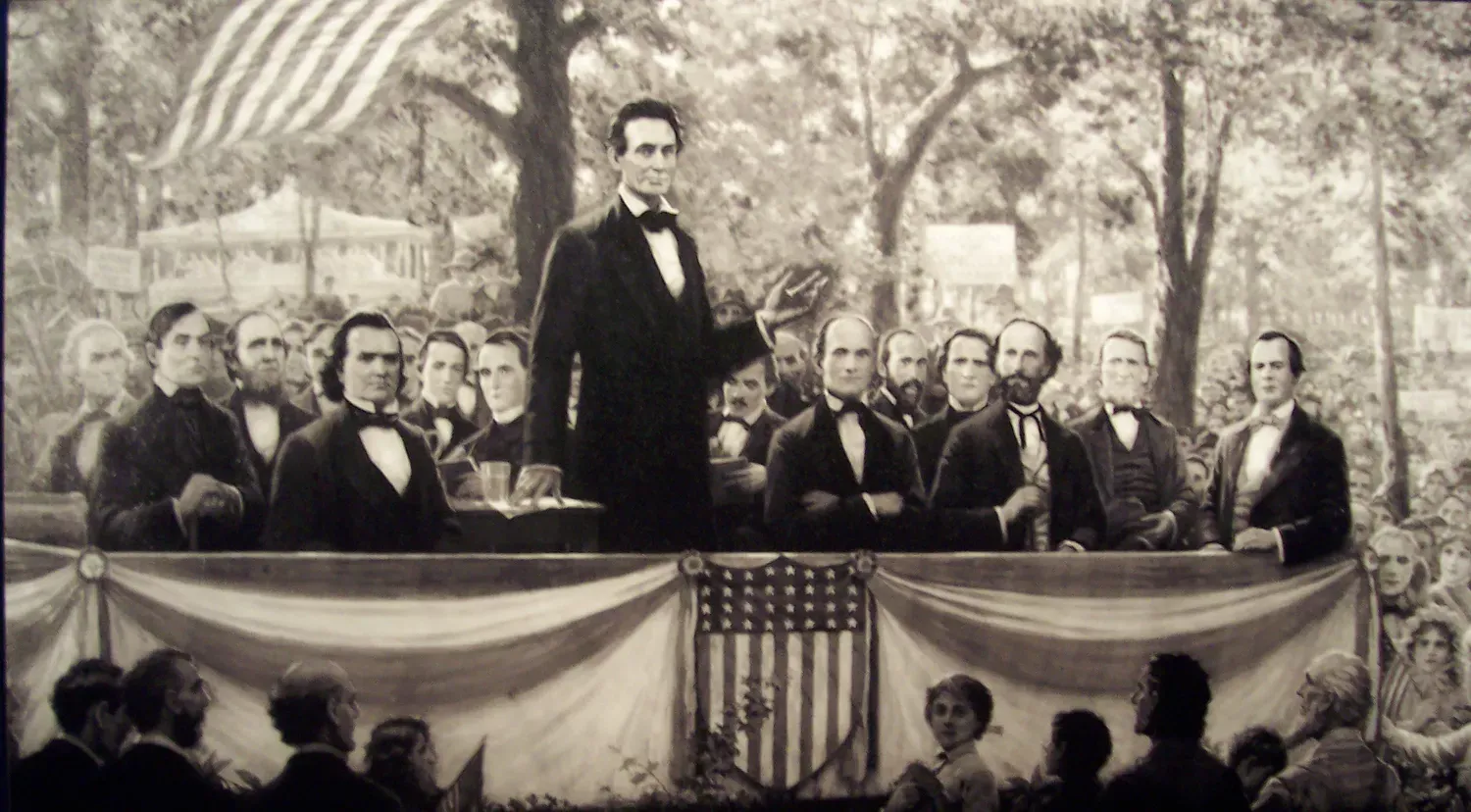
In 1940, Wendell Willkie challenged President Franklin D. Roosevelt to a debate, but Roosevelt refused.
In 1948, Thomas E. Dewey and Harold Stassen debated to a radio audience in Oregon during the democrat presidential primary.
When Gerald Ford debated Jimmy Carter, he made this faus pax:
“There is no Soviet domination of Eastern Europe, and there never will be under a Ford administration.” The moderator generously gave Ford an opportunity to revise his comment, but he made it worse, insisting that Yugoslavians, Romanians, and Poles didn’t consider themselves dominated by the Soviets. Ford said after the debate that he was arguing that the Soviets couldn’t crush Eastern Europe’s indomitable spirit. But the political damage was done.
In his 1992 presidential debate against George H.W. Bush, Ross Perot warned that if Congress approved NAFTA, Americans could expect to hear a "job-sucking sound going south."
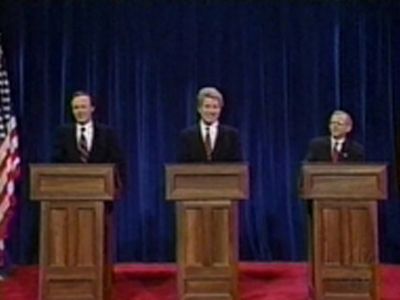
Presidential debates have given Saturday Night Live, and morning radio DJs catchphrases and funny fodder for years. Sadly, what we haven’t received from those debates is credible, usable insights. Rules and requirements could help with that.
We don’t get clear rebuttals in today’s political debates. I’m not sure we receive factual accuracy, and we sure as hell don’t hear documentation to support facts. We get name-calling, taglines, shouting, interruptions, and bullying. Remember Trump walking around Hilary Clinton like a schoolyard bully?
The pathetic piece of this is how little American audiences are willing to accept or expect from candidates for the highest office of the land. And since Trump entered politics, human decency has also exited the Republican political stage.
The tragedy is that authentic debates could provide legitimate information for voters and require candidates to operate from a place of higher intellect and mental proficiency. In other words, it’s more difficult for a dumbass to fare well in a real debate.
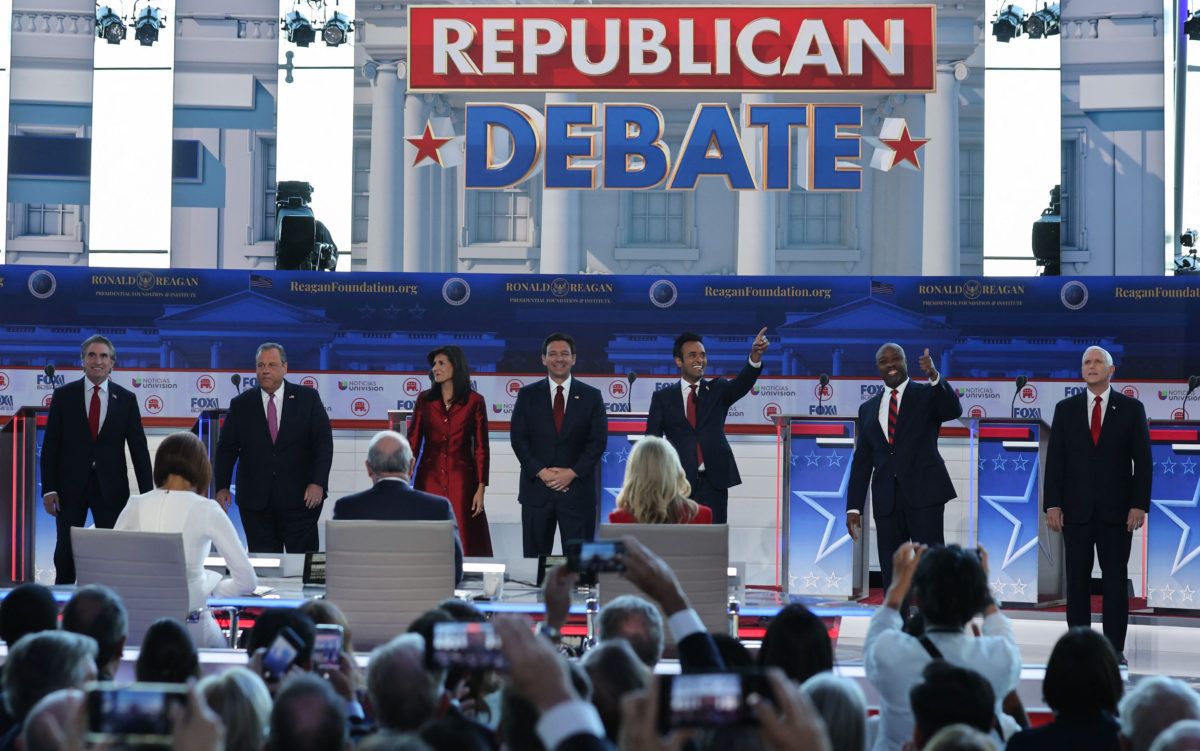
I’m not riding a moral high horse because God knows, in my professional life I’ve written more taglines, ads, and position statements than I can remember, but I draw a line at debate rules. For me, adherence to some form of accountable dialog and formatting shouldn’t be mucked with for the sake of promotion, entertainment, or laziness … or just don’t call it a debate. There are more fitting labels.
The War of Words.
Playing the Dozens
Or
Let’s Get Ready to Wrangle
But for all that’s good and holy, please stop calling these freak shows and opportunities for free campaign advertising, debates!
